Origins and Characteristics for the Black Community
Even though Classical music was not derived from the Black body, the Black body has had a tremendous hand in cultivating this once fully “whitewashed” genre. There were many new black composers and musicians coming to the forefront sharing the musical talents locally, nationally, and internationally post Emancipation. Well-known classical artists, such as Harry T. Burleigh, William Grant Still, Clarence Cameron White, and Shirley Graham attended to American universities and were provided with conservatory music training; this training led to them learning how to compose classical music. These key players received their advanced music education at colleges and universities such as Julliard School of Music, Institute of Musical Arts, and Horner Institute of Fine arts. This musical training equipped these artists with the tools and gear needed to step into musical and cultural positions that would lead to the uplifting of the Black community through education and teaching Black students at many colleges and universities. The instruments of classical music include string, brass, percussion, and woodwind instruments, vocalists, and composers. Different forms of classical music include concertos, sonatas, cantatas, and operas.
Social Implications
After Emancipation in 1863, optimism flourished within the Black community. Initiated by being granted citizenship, the abolition of slavery and Black men having the right to vote, this new optimism gave rise to a newfound curiosity, and thus marked the entrance of African Americans into the Classical performance arts. Immediately after Emancipation, Black composers were not readily welcomed on the Classical music scene, and initially, the music was segregated. Just like everything else for the black community, African American composers and musicians’ equal rights to receive education and perform were virtually nonexistent. Composers had to fight for their ability to become musicians and the chance to display their work to the world. The Harlem Renaissance really served as the jumpstart for a larger number of Black people in reaching new heights in Classical music. Despite this flourish for composers, it still wasn’t enough. As time progressed, the rights of Black composers and musicians were still minimal. The Civil Rights Movement aided the Black community, composers and musicians alike. Eventually, they gain access to many things, like easier access to education and the ability to travel and perform internationally. This newfound access also included having an easier time recording and publishing compositions, as well as membership to musical organizations, such as ASCAP and BMI.
Commodification
Along with teaching, many composed/arranged music along with performing as well. As the Harlem Renaissance emerged in the 1920s, a large chunk of literary and artistic genius that was produced by African American intellectuals came from Black composers. Two profound and forever memorialized black composers are J. Rosamond Johnson and his brother James Weldon Johnson. Starting initially as a poem, this dynamic duo created what is known today as the Negro National Anthem, ‘Lift Every Voice and Sing’. Another well-known contributor to the Harlem Renaissance is Clarence Cameron White who, along with artists like Samuel Coleridge Taylor, wrote many famous pieces in his time. Black composers were often used in commercial promotion due to their ability to deliver a fresh, sellable sound of classical music. “Tremonisha” by Scott Joplin was the first Black opera to be performed on stage. Despite the large amount of Blacks in the frame of classical music, our race was still not as prominent as white prominence and involvement in classical music. The commodification of black classical music was often done through whites who would combine sounds and claim it as solely their own.
Important Performers
Scott Joplin
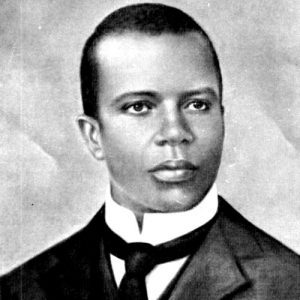
[embedyt] https://www.youtube.com/watch?v=OLyh2jCvzG0[/embedyt]
William S Grant

Ulysses Kay
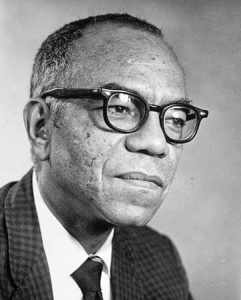
Harry T. Burleigh
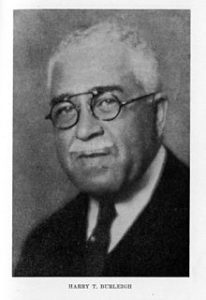
[embedyt] https://www.youtube.com/watch?v=YBFjYJrgETI[/embedyt]
Eva Jessye

[embedyt] https://www.youtube.com/watch?v=4DOZTaQroOI[/embedyt]
Moses Hogan
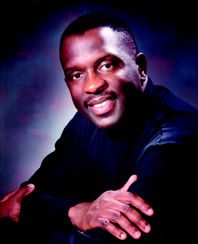
[embedyt] https://www.youtube.com/watch?v=gLR31UyuFP0[/embedyt]
Julia Perry
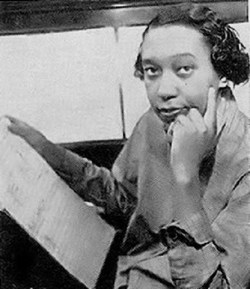
Alvin Singleton
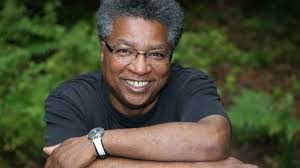
[embedyt] https://www.youtube.com/watch?v=u9wonHaHntE[/embedyt]
Influences on Future Genres
As fabulous as the genre is, Classical music has not had much influence on future genres. Many artists, however, have incorporated the sounds of classical music as background samples. Hip Hop and RnB do occasionally use classical music elements as background sampling, Jay-Z and Kayne’s H.A.M from their conjoined album, Watch The Throne for example. Outside of this, classical music mainly serves as a singular lineage, thriving on its own greatest and consistent relevance.
Conclusory Opinions
Classical music has evolved over time, and as more and more African Americans have made their imprint on the genre, the genre itself has improved. As usual, when a Black body makes their imprint on something, the product is always so satisfying. Black composers added their own flare on the already existing genre and made it as gratifying to the ear as ever. Now classical music is accessible to everyone. Classical music is one of my favorite genres due to attending a performing arts school before my undergraduate career, so I appreciate my ancestors paving the way for me to have access to such a beautiful art form.

